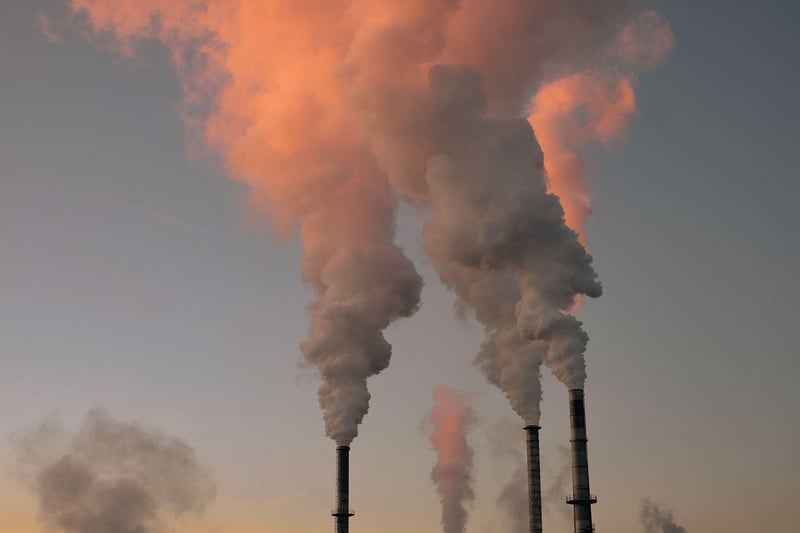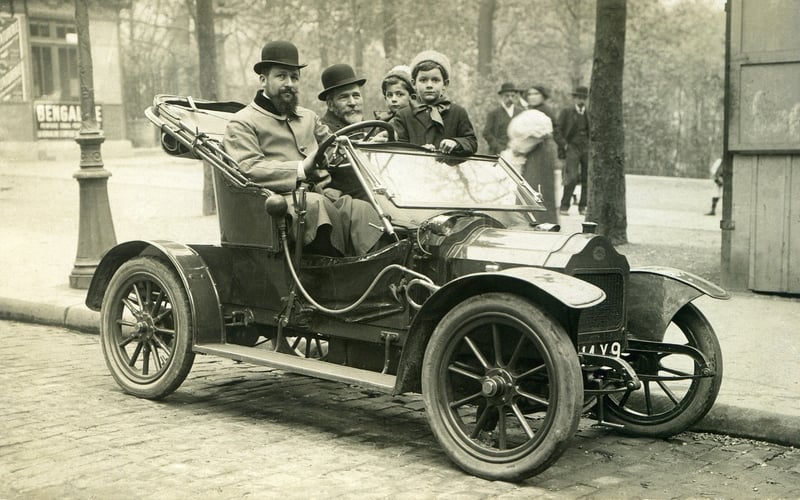Industrial Revolution
Exploring the Past: The Industrial Revolution
The Industrial Revolution was a period of profound change that transformed societies around the world. This pivotal era, which began in the late 18th century, marked the shift from agrarian economies to industrialized ones, revolutionizing the way people lived and worked.
Origins of the Industrial Revolution
The Industrial Revolution originated in Great Britain and then spread to other parts of Europe, North America, and eventually the rest of the world. It was characterized by technological advancements, increased mechanization, and the rise of factories and urban centers.
Key Innovations
Several key innovations fueled the Industrial Revolution, including the steam engine, mechanized textile production, the telegraph, and the railroad. These inventions revolutionized transportation, communication, and manufacturing processes, leading to unprecedented economic growth.
Impact on Society
The Industrial Revolution had a profound impact on society. It brought about urbanization as people migrated from rural areas to cities in search of employment. It also led to significant social changes, including the rise of the middle class and the expansion of women's roles in the workforce.
Environmental Consequences
While the Industrial Revolution brought about tremendous progress, it also had negative environmental consequences. The widespread use of coal and other fossil fuels led to pollution, deforestation, and other environmental degradation that continue to impact the planet today.
Legacy of the Industrial Revolution
The legacy of the Industrial Revolution is still felt today. It laid the foundation for modern industrial societies, shaped the global economy, and set the stage for further technological advancements in the centuries that followed.
Exploring Further
If you're interested in learning more about the Industrial Revolution, check out these resources:

